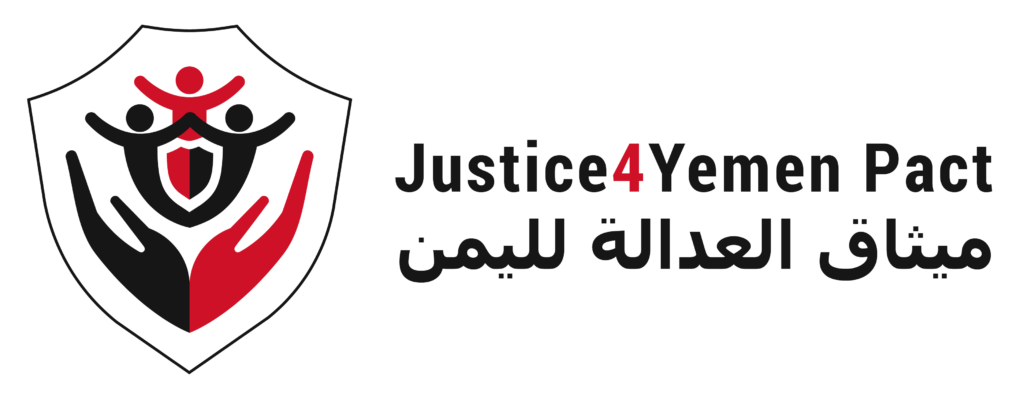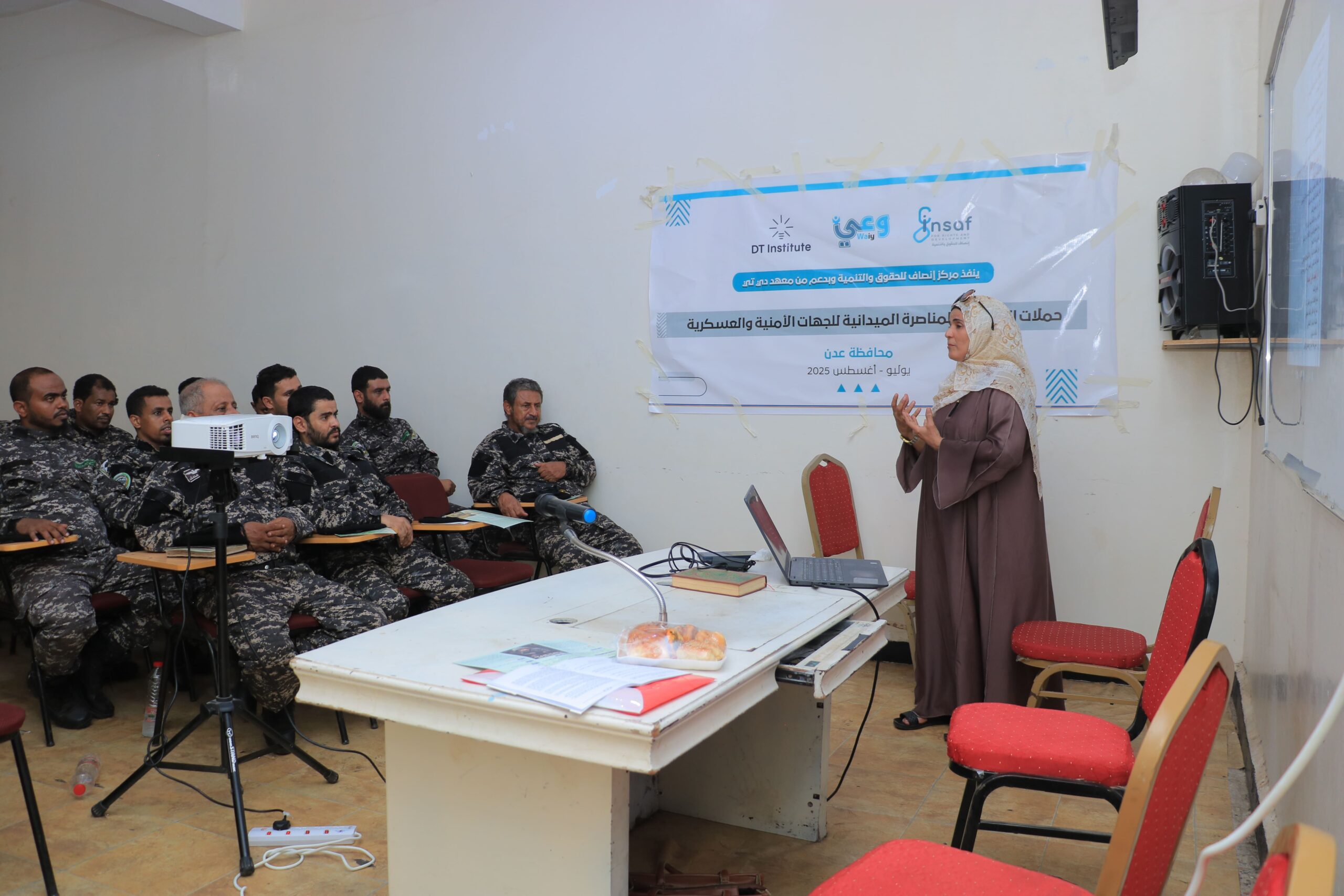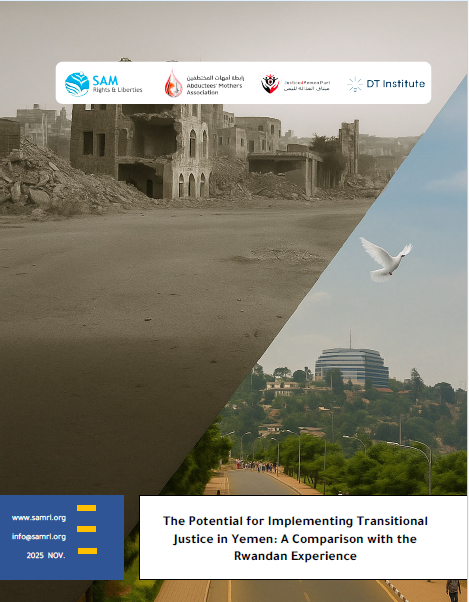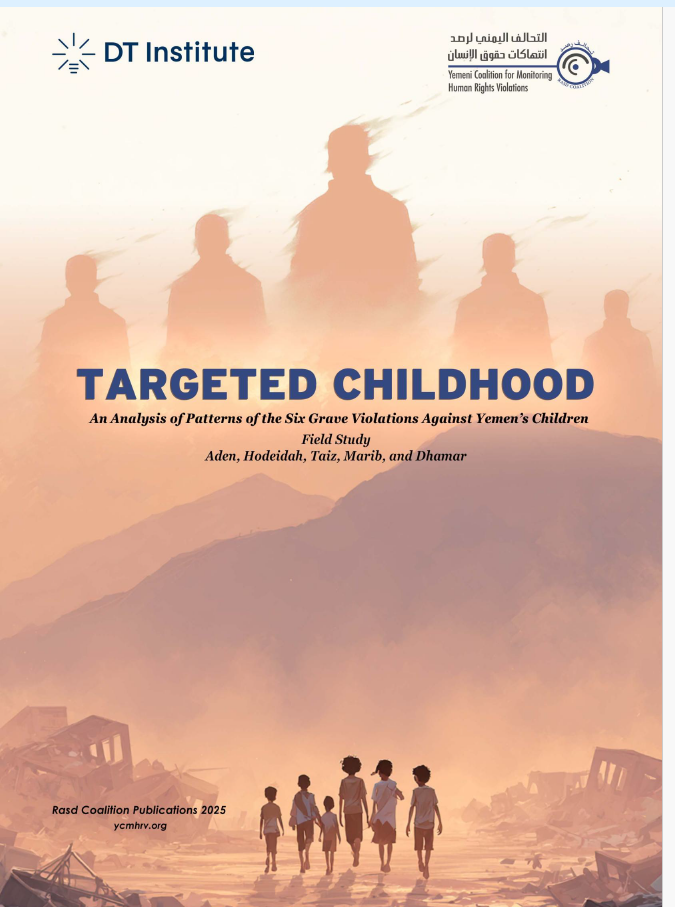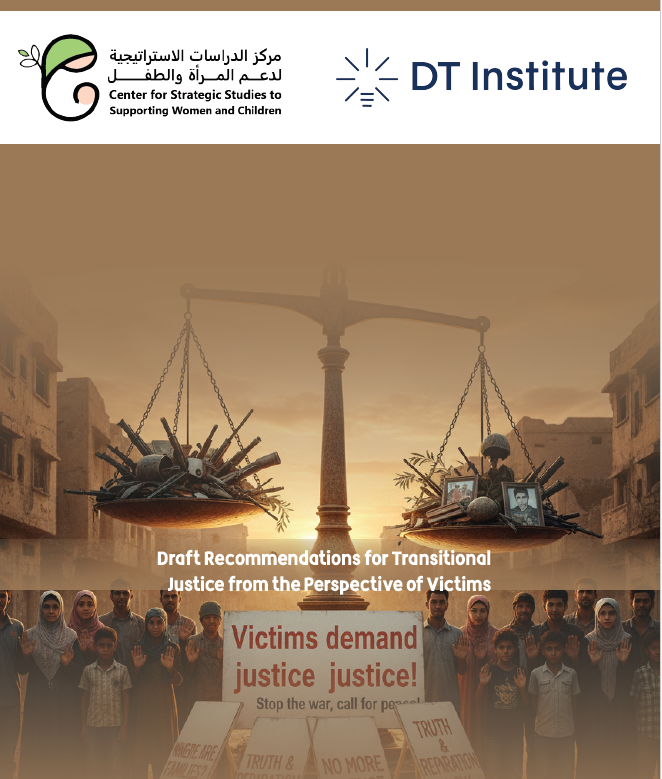In a country long burdened by conflict, where military posts often lie closer to classrooms than they should, a different kind of mission unfolded in July 2025 — one driven not by weapons, but by law, awareness, and the urgent call to protect the most vulnerable: children.
Led by the INSAF Center for Rights and Development, with support from the DT Institute, a groundbreaking campaign was launched targeting military and security institutions. Its purpose was to raise awareness about child protection, prevent the recruitment of minors, and reinforce the obligation of armed forces to uphold national and international legal standards.
This campaign was not spontaneous. It was born from deliberation — specifically, from INSAF’s second coordination meeting with local stakeholders earlier that month. In that meeting, participants revisited Yemen’s commitments under the Universal Periodic Review (UPR) and identified critical recommendations, chief among them: increase legal awareness within the armed forces regarding the prevention of child recruitment.
That recommendation quickly translated into action. Under SAFE II Project, INSAF conducted field awareness and advocacy sessions at two major military camps in Aden — Al-Sulban and Badr — reaching more than 60 participants, including commanders, officers, and field personnel. These sessions were not lectures; they were a dialogue between law and leadership, between duty and dignity.
The campaign was led by two expert trainers: Dr. Salwa Bin Buraik, a member of Yemen’s National Committee for the Prevention of Child Recruitment and a recognized expert on justice and child protection, and Emad Sinan, Director of Complaints at the Ministry of Social Affairs and Labor and a specialist in legal rights. Together, they delivered in-depth sessions on the Yemeni Constitution, the Child Rights Law, the Juvenile Care Law, and the Military Penal Code, alongside key international agreements including the UN Convention on the Rights of the Child, its Optional Protocols, and the Geneva Conventions.
These sessions drew high-level interest and participation, most notably from Major General Professor Ali Al-Awlaqi, Chairman of the Security Committee of the Southern Transitional Council and a professor of international law and human rights. His presence underscored the political and ethical weight of the campaign, as did the active engagement of military decision-makers throughout.
One of the most pivotal moments came from Brigadier General Aref Al-Bassisi, Commander of the Military Police, who issued a firm public statement reaffirming the military’s commitment to ending child recruitment.
“We have standardized personnel forms that require age verification, including an official birth certificate to ensure the accuracy of the information. The Military Police must remain vigilant in monitoring units to prevent any underage recruitment. It is our duty as leadership to make this a fundamental condition for all recruitment processes, in alignment with military laws and the regulations of the armed forces.”
This declaration was more than policy — it was a signal that change is possible when leadership aligns with law.
Beyond the formalities, the sessions sparked personal reflections and open discussions. Officers shared on-the-ground realities, questioned procedures, and expressed genuine interest in building a culture of compliance, prevention, and responsibility.
Through this initiative, awareness became a shield — a shield to protect children from the frontlines, and to guard the conscience of a country struggling to rebuild its future.
This campaign marks a critical step in Yemen’s broader effort to align its military institutions with human rights principles and international humanitarian law. And while the work continues, one truth remains: no uniform should ever be stitched in a size small enough for a child.

